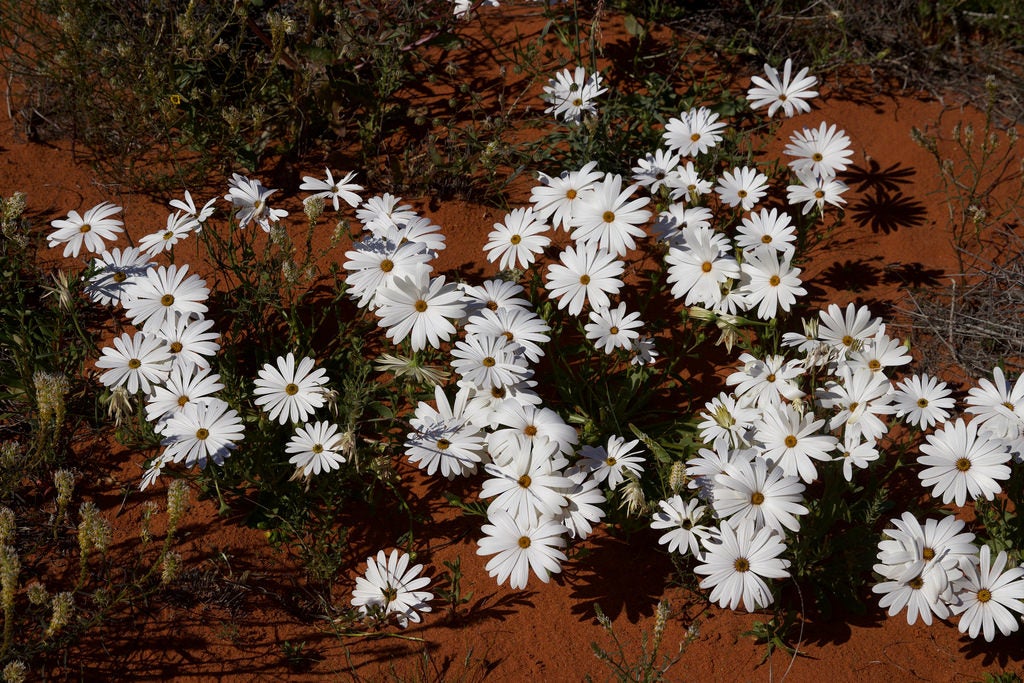What Is Dimorphotheca: Learn About Dimorphotheca Flowers


For many gardeners, the cost of selecting plants at local nurseries can prove to be quite expensive. Whether looking to add vivid color, or simply wishing to establish beautiful flower beds, growing plants from seed is often an overlooked aspect of a lavish and successful garden. Additionally, growers who choose to start plants from seed enjoy greater variety, as well as the pride that comes from crafting their own landscapes. One flower, Dimorphotheca, is a perfect example of a flower that can easily be started from seed. Thriving and adapting to a wide range of growing habitats, this low-growing annual is sure to be an interesting addition to the garden.
Dimorphotheca Plant Info
What is Dimorphotheca? Simply, Dimorphotheca is the name of a flowering plant in the Asteraceae family. Native to South Africa, it is commonly referred to by growers as cape daisy or cape marigold. However, these common names can lead to a little bit of confusion among gardeners. Another very similar plant, Osteospermum, often goes by the same name. When buying seeds or ordering online, always make certain to carefully read listings to ensure the purchase of the correct plant. Dimorphotheca is a low-growing, half hardy plant. While it can be grown as an annual flower in most places, it is often used as a winter annual where temperatures remain mild. In fact, these low-growing annuals are quite tolerant of both heat and dry conditions, which lead to a more compact growth habit and creates a stunning visual display when the flowers have been planted in large patches.
Growing Dimorphotheca Flowers
Growing Dimorphotheca in gardens is relatively simple, as long as its general growing requirements have been met. Select a well-draining location in direct sunlight for planting. Since these plants do not grow well through periods of high humidity, growers in these regions may plant the flowers where they will receive shade throughout the hottest portions of the day. Though Dimorphotheca plants will tolerate a range of soil types, the best soils are somewhat sandy. Dimorphotheca seeds may be sown directly into the garden after all chance of frost has passed, or can be started indoors into seed starting trays around six weeks before the last predicted frost in your garden. To plant into the garden, gradually harden off the Dimorphotheca plants before moving them to their final location. Due to their drought tolerance and adaptability, it is important to note that one should do proper research before planting Dimorphotheca in gardens. Specifically, there has been some concern that this plant may have the tendency to outcompete native plants and become invasive in some areas. Before planting, always check local noxious weed and invasive species lists. If those lists are unavailable, contacting a local agricultural agent will likely provide any location specific information you may need.
Sign up for the Gardening Know How newsletter today and receive a free copy of our e-book "How to Grow Delicious Tomatoes".

Tonya Barnett has been gardening for 13 years. Flowers are her passion. She has transformed her backyard into a cut flower garden, which she regularly chronicles on her YouTube channel http://www.youtube.com/@tonyawiththeflowers.